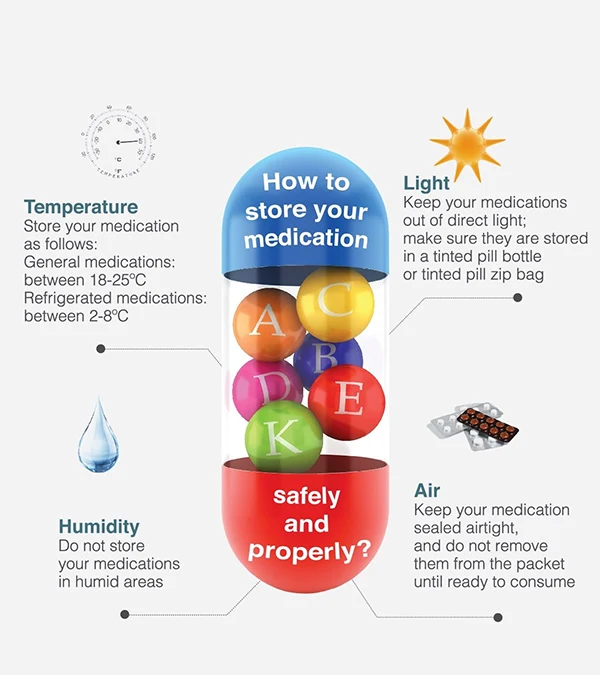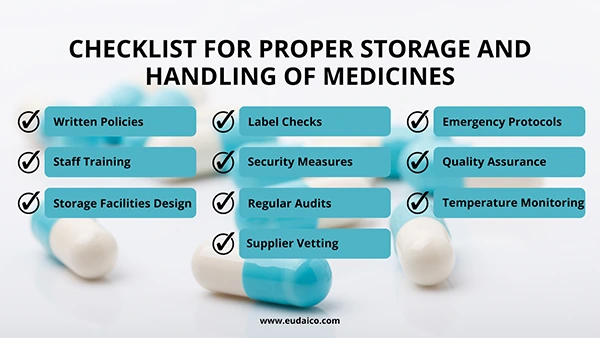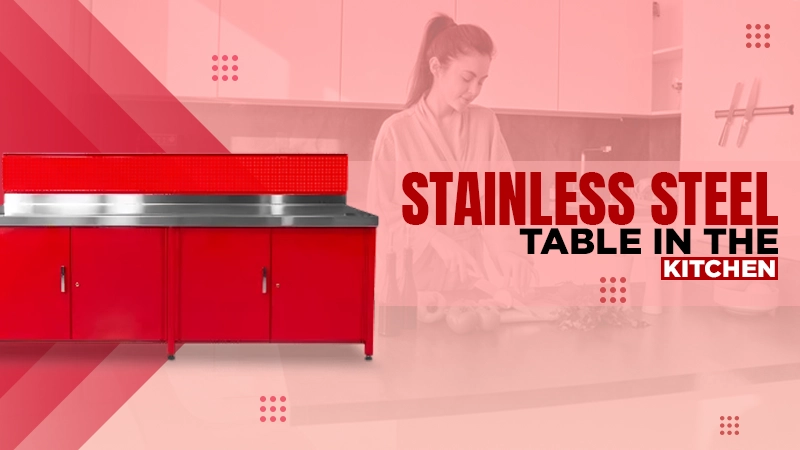The Impact of Secure Medication Storage on Patient Safety
The healthcare system is constantly evolving at a fine pace with some emerging technologies and shifting healthcare compliance standards. And, this safe transition toward a more advanced system often demands a proper handling of the medicines to ensure their integrity, efficacy, and safety.
But, How do you achieve that?
Well, secure medication storage is an effective way to preserve the therapeutic value of the medicines and prevent any harm that may arise from the mishandling of the drugs.
And, just to point out its significance, do you know that healthcare facilities are spending approximately 25-30% of their annual budget — Alone, on asset management?
So, in this read, I’m going to walk you through the proper implementation of medication storage along with its significant contribution to patient safety.
But First, What Exactly is a Secure Medication Storage?
Medication storage is a robust procedure of storing medicines in a way that ensures their safety, potency, and effectiveness throughout their life cycle.
The most crucial aspect of medication storage includes meeting the exact temperature requirements and preventing excessive humidity in the environment, which may sometimes lead to the degradation of medications.
Light exposure is also a critical consideration for medication storage. As some of the medicines are light-sensitive, this is why they must be kept in an opaque container or some dark place.
Medicines can be easily contaminated by microorganisms. And, this is right where proper medication storage presents some efficient ways to minimize the overall contamination risk.

Types of Medication Storage
Medication storage is a vast field and there are multiple options available in the market to meet the certain specifications of the medicine. Let’s explore some of the common types of a medication storage facility.
- Medication Cabinets: Medication storage is a cabinet used to store medicines. These cabinets are usually designed to prevent unauthorized access by presenting some smart medicine cabinet locks and ensuring a controlled storage environment.
- Refrigerator Storage: Certain medicines require constant refrigeration, such as insulin and some other antibiotics, to prevent them from degradation. These refrigerators are often equipped with temperature control features to make sure that the medications are being stored at their required temperature.
- Medication Carts: As the name suggests, medication carts are often used in a healthcare facility as a convenient storage and transportation. These carts consist of multiple compartments, which makes it easy to manage different types of medicine. And, other than that, it is also equipped with wheels, providing easy navigation within a healthcare facility.
- Pill Organizers: Pill organizers act as an individual’s medication storage. This is a helpful medication storage solution for those who need to organize their medicine while keeping its efficiency. It comes with multiple compartments and also can be further customized according to the specific medicine requirements.
How Do You Maintain Safe Medicine Storage?
There are multiple considerations to keep in mind to maintain proper medicine storage. Let’s have a look at them one by one:
- Since heat and humidity can damage the efficiency of the medicine, make sure that you store your medicines in a cool and dry environment. Also, few medicines require refrigeration to keep it working, this is why it is essential to adhere to their specific requirements.
- Always go according to the mentioned expiration dates. Never take the risk of an expired medicine — as it could be a major breeding ground for bacteria or fungus. Also, immediately discard the medicines if you feel like it is causing some side effects.
- Your symptoms might be similar to one of your family members, but it’s never the same. So, never try to treat your illness with previously prescribed medicines, as it might pose a significant health risk.
- Keep your medicine in the receptacle it came in as these are usually researched-based containers that protect these medicines from UV light, humidity, and other reactive substances.

And, How Does a Secure Medication Storage Affect Patient Safety?
Now that you have a little background on medicine storage and its multiple types. Let’s understand how medicine storage can affect the patient’s safety:
- Preservation of Medication Efficacy: Medication storage helps maintain the therapeutic effect of the medicine throughout its lifecycle.
- Minimizing Medication Errors: A proper organization of the medicines reduces the risk of medicine mix-ups and further prevents any adverse reaction.
- Extended Shelf Life: Multiple studies support the arguments that optimal medication storage can significantly enhance its shelf life, reducing the need for frequent updates and replacements.
- Improved Safety: The sole purpose of medication storage is to protect the medicines from the risk of contamination, degradation, or exposure to some reactive substance, ensuring the patient’s safety.

The Bottom Line
A proper medication storage system is a crucial deployment of a healthcare facility. Not only does this enhance the effectiveness and safety of the medicines, but also reduces some significant healthcare errors.








